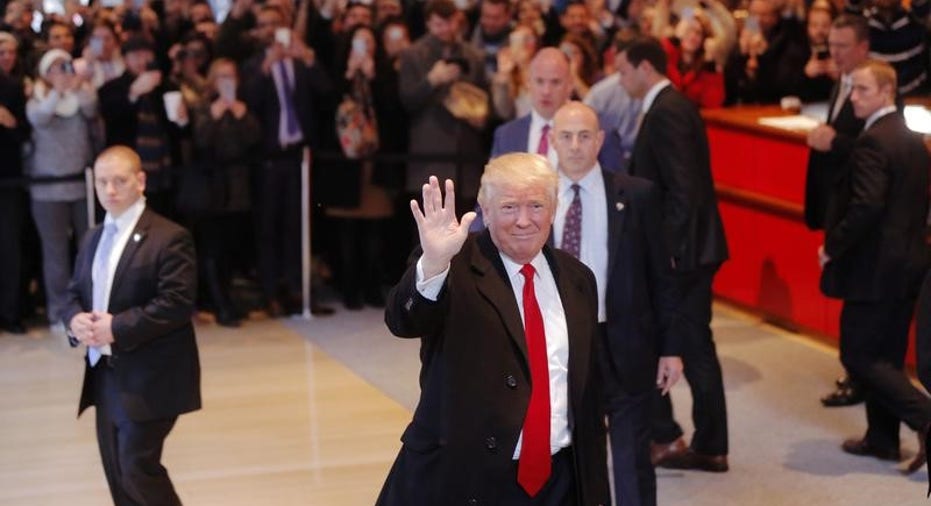As Trump disses TPP, China says to "play role" in Asia-Pacific integration

BEIJING – China will "play its role" in promoting economic integration in the Asia-Pacific, the foreign ministry said on Wednesday, after U.S. President-elect Donald Trump said he would kill an ambitious regional trade pact.
Trump's statement appeared to open the way for China to assume the United States' leadership mantle on trade and diplomacy in Asia. The Republican termed the Trans Pacific Partnership (TPP) "a potential disaster for our country".
China, Japan and South Korea are already in the initial stages of discussing a trilateral trade deal, and Beijing has been pushing its own limited Asian regional trade pact that excludes Washington for the past five years.
Asked whether China would be a beneficiary of the U.S. withdrawal from TPP, Foreign Ministry spokesman Geng Shuang said China had an open attitude towards any arrangement that promoted regional free trade.
China is willing, with other parties, to promote the economic integration process in the Asia-Pacific for the benefit of the peoples of the region, he told a daily news briefing.
"I think that in this process, China will make its own contribution and play its own role," Geng added, without elaborating.
Japan and Australia, Washington's closest allies in Asia, pledged after Trump's announcement to push ahead without the United States, although removing the largest market for goods and services would shrink it dramatically.
China has pushed its own Regional Comprehensive Economic Partnership (RCEP), which notably excludes the United States. It is a more traditional trade agreement, involving cutting tariffs rather than opening up economies and setting labor and environmental standards as TPP would.
China has tended to see the TPP as part of U.S. efforts to exclude it from setting global rules and to rally others against Beijing.
Geng said all parties in the Asia-Pacific should have a say in regional matters, rather than just one country setting the agenda, and repeated that the issue of free trade should not be politicized.
"That is to say, we hope that all sides do not consider or interpret free trade arrangements from the perspective of geopolitics," he added.
"There is no zero sum relationship between the various free trade arrangements, and they should not be mutually exclusionary, but rather should promote each other."
(Reporting by Ben Blanchard; Editing by Nick Macfie)



















